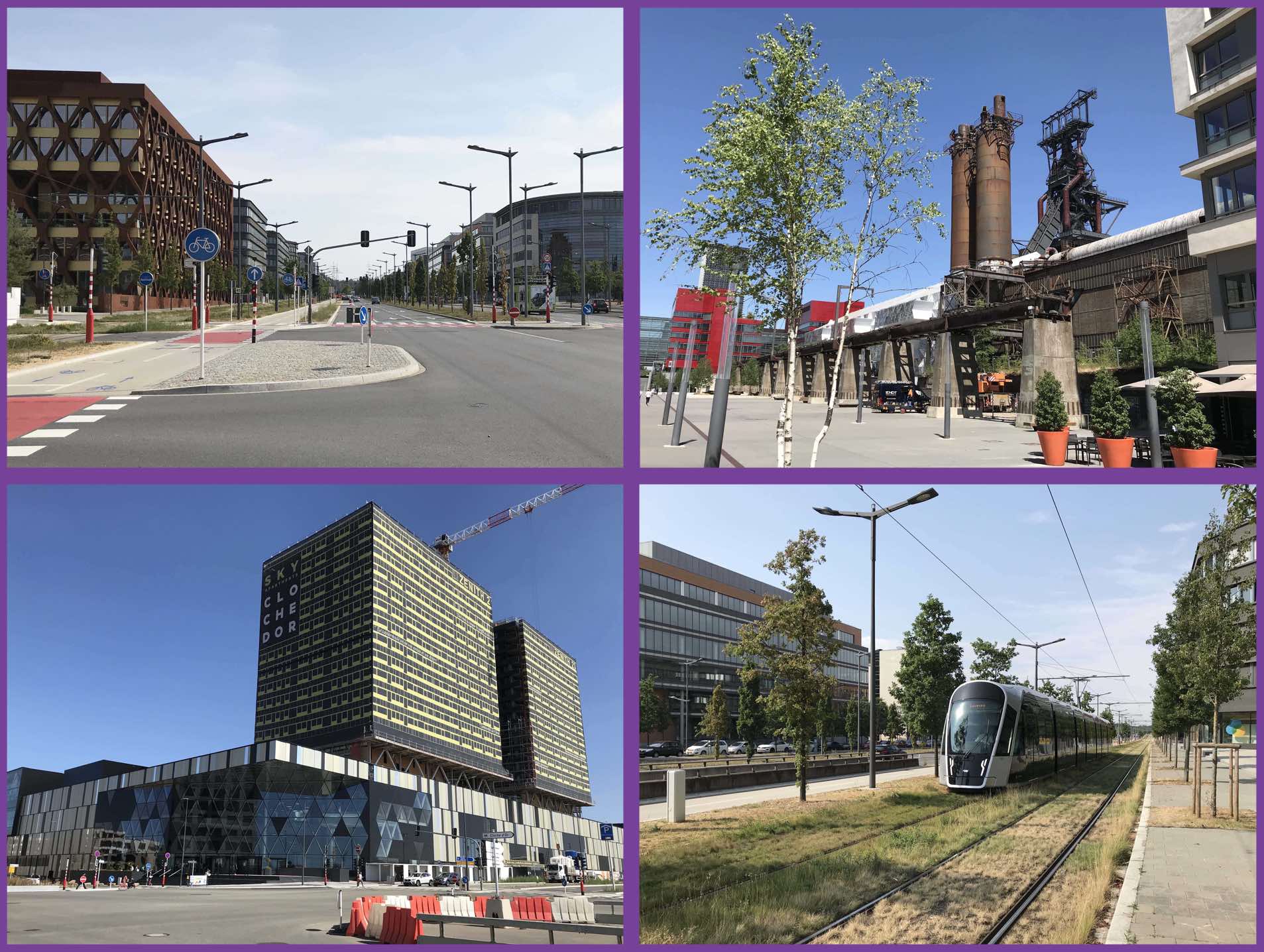Can you afford to live in Luxembourg?
Living in Luxembourg has much to recommend it. Not only do its residents receive on average the highest incomes in the eurozone, but the country’s low crime rate and political stability make it one of the safest in the world. But is its appeal limited to the wealthy? Can ordinary people enjoy a comfortable life?
Part of the attraction of life in Luxembourg is its generous salaries. In 2021, its average annual adjusted full-time salary per employee was the highest of any EU member state at €72,000, well ahead of Denmark at €63,300 and Ireland at €50,300, according to Eurostat. The OECD puts it highest worldwide at $75,305, just ahead of the United States, Iceland and Switzerland, while domestic statistics bureau Statec puts the average earnings of a full-time employee in Luxembourg in 2021 at €64,932.
Eurostat says the net annual earnings of an average single person in the grand duchy without children stood at €45,787, while a married couple with two children and where both spouses work are more than twice as well off, with average annual net earnings of €101,065, thanks to generous tax allowances and child benefit.
These figures may be flattered a little by the dominance of the high-paying financial services sector, as well as employment in the public sector, but people living and working in Luxembourg also benefit from a tax burden that is modest by the standards of neighbouring European countries.
Largely favourable ‘tax wedge’
The OECD calculates a measure it calls the ‘tax wedge’ to work out how much of residents’ income is taken in tax, consisting of the sum of personal income tax plus employee and employer social security contributions less family benefits, as a proportion of total labour costs (gross wages plus employers’ social contributions). This illustrates graphically the tax advantages for married couples, especially those with children.

Luxembourg’s tax wedge for an average single worker increased by 0.7 percentage points from 39.5% in 2020 to 40.2% in 2021, making it the 13th highest of any of the OECD’s 38 member states, up from 15th the previous year. However, the countryhad the 28th lowest tax wedge in the OECD for an average married worker with two children at 19.7% in 2021, compared with an OECD average of 24.6%, up two places from 2020.
As of the beginning of 2023, income tax in Luxembourg rose progressively from 8% on taxable income above €11,265 to 42% above €200,004, plus a solidarity tax of 7% of taxes – rising to 9% for single people earning more than €150,000 or married couples earning more than €300,000. Still, the OECD calculates that, at 40.2%, the tax wedge for a single person is not drastically higher than the average for member states of 34.6%, whereas for a married single-earner with two children it is significantly lower, at 19.7% against an OECD average of 24.6%.
Significantly, Luxembourg’s tax wedge is far lower for the average married person, again thanks to child-related benefits and tax provisions.
Quality of life
Significantly, Luxembourg’s tax wedge is far lower for the average married person, again thanks to child-related benefits and tax provisions. Successive Luxembourg governments have sought to encourage families through tax credits, enabling parents whose income is below a certain level to claim tax relief of up to €922.50 per child.
There’s little to improve on in Luxembourg’s quality of life rankings. The capital was named the safest city in the world in the 2019 Mercer quality of living survey, which considers metrics such as internal stability, crime levels, law enforcement, limitations on personal freedom and freedom of the press. Violent crime is rare, and most crime falls into the ‘nuisance’ category, such as pickpocketing and other petty theft. Intentional homicides are below the rates in other European countries such as the UK and are around one-sixth of the level in the US.
However, what Luxembourg is not is a cheap country to live in. Housing costs are steep: a typical two-bedroom apartment in Luxembourg City cost on average around €1.1m at the end of 2022, according to industry estimates, while renting an apartment of a similar size could cost €2,500 per month or more. This puts home prices – in Luxembourg City at least – among the highest in Europe.
However, availability of finance is generally good, with banks offering long-term mortgage loans of between 20 and 30 years covering as much as 80% of the property cost. Although average interest rates on mortgage loans had risen from their pre-Covid level of around 2% to 4% at the end of 2022, the cost remains reasonable by historic standards.
… typical monthly living costs for a family of four will be around €3,400 before housing expenditure.
Moderate living costs
It is difficult to generalise about day-to-day living costs because different people have different needs. However, in 2022 global employee benefits consultant Mercer ranked Luxembourg 52nd out of 227 worldwide for living costs, more expensive than Rome and Frankfurt, but less so than London, Amsterdam, Paris, Brussels and Berlin. Global comparison site Numbeo says typical monthly living costs for a family of four will be around €3,400 before housing expenditure.
Families with small children will need to consider private nursery costs of up to €1,200 a month – municipal créche facilities are much cheaper but may have waiting lists – or between €12,700 and €21,000 a year for an international primary school. Most children in Luxembourg attend state schools, which generally have small class sizes and whose teachers are well paid. State spending on education is high, and languages are a priority in the light of the country’s extremely multinational and multilingual population, an added benefit for international families.

The Luxembourg social security system provides substantial benefits to retired people. Compulsory contributions are high, but the burden of pension (and health insurance) contributions is shared between employers, employees and the state, amounting in total to 24% of an individual’s salary. Retirees reap the benefits with generous pensions, which are currently well funded, in addition to any personal retirement provision or benefits provided by employers.
Low income inequality
Does this mean people living in Luxembourg generally have the wherewithal to enjoy life? According to 2019 figures compiled by national statistics office Statec, a couple with two children needed more than €4,200 per month to take an active part in society in Luxembourg – that is, not just pay the rent and bills, but enjoy a reasonable social life, educate their children and save for the future. This sounds a lot, but it means that people earning the average salary or higher can enjoy a good standard of living.
The cost of living is undoubtedly high, but is offset by high level of public services and state social security benefits.
Luxembourg is not a paradise for the wealthy, according to the OECD’s Better Life Index, which says that although income inequality has increased slightly since the global financial crisis, it remains below the OECD average. The cost of living is undoubtedly high, but is offset by high level of public services and state social security benefits – pension provision, sound infrastructure, clean and safe streets. For individuals earning typical salaries and their families, it offers an affordable and agreeable life.
Luxembourg salaries are among the highest in Europe and the tax burden is comparatively light; living costs may be high relative to similarly-sized cities across western Europe, but not to most national capitals, and the intangible quality of life benefits are an advantage that attracts people from all over the world.


 Mortgage
Mortgage Personal loan
Personal loan Savings
Savings